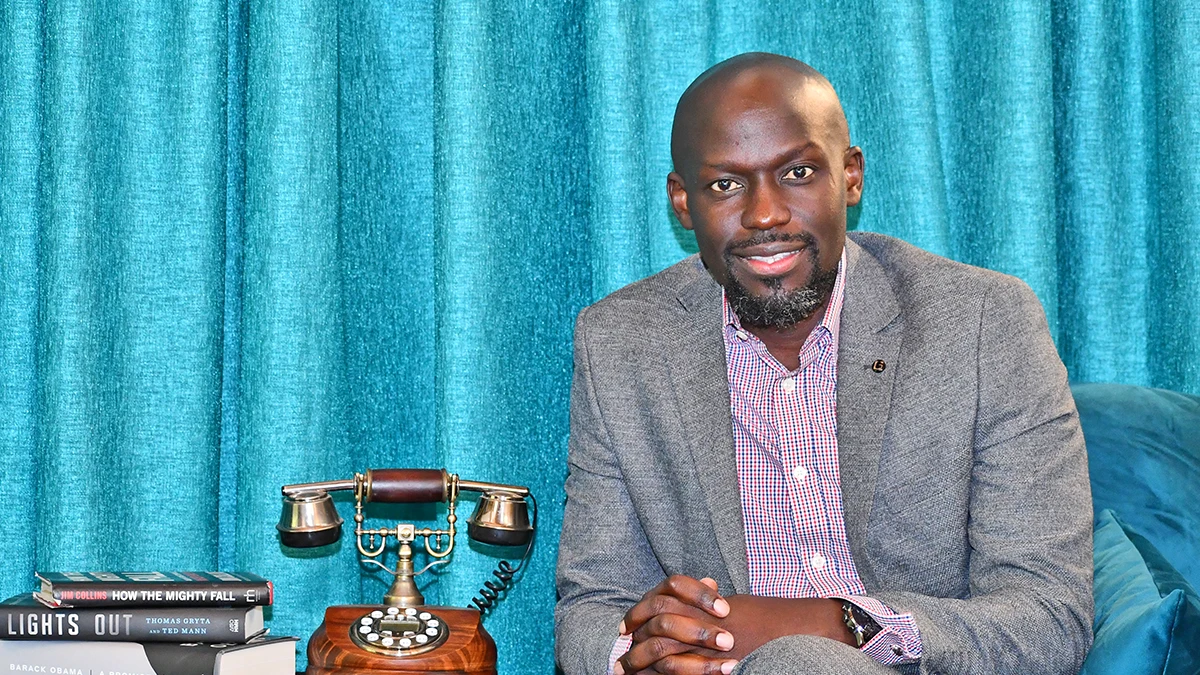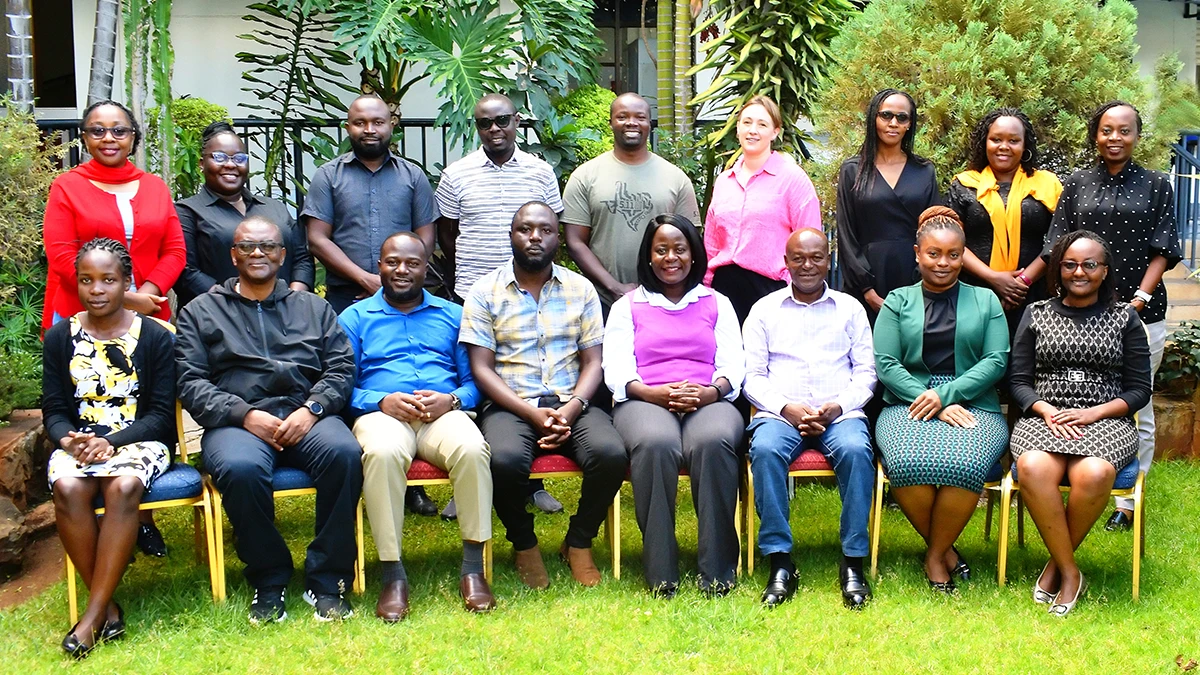Throughout the Francis papacy, spanning over ten years now, one term has consistently epitomised the vision of his reign: “synodality.” Its frequent use is notable, yet its precise definition remains elusive and will be a topic for another discussion. Regardless of its definition, “synodality” might also imply a significant shift in perspective and approach to the betterment of society, like empowering consecrated women.
Throughout history, the role of women in the church has undergone significant changes. Today, however, advancements in both social and technological realms have facilitated women in assuming various crucial roles in society, such as being the managers and directors of institutions. These roles enable them to contribute to the world with their unique perspectives, believed to stem from their inherent connection to the divine. For example, the consecrated women have undertaken diverse missions, serving as societal pillars wherever they are situated across the world. Wherever they are sent to spread the gospel, the consecrated women would start ministries to help or support their evangelisation. They are like the mustard seed, a tiny seed with an explosive growth rate, achieving a lot in their evangelisation missions.
The question arises: How can we support consecrated women in fully realising their potential for the betterment of society? The most effective path lies in empowered consecrated women becoming agents of empowerment themselves. This can be done by reshaping the traditional perception of women as merely passive figures confined to religious spaces. As laity, we can emerge as advocates for the consecrated women’s service and support them in their steadfast convictions rooted in the Gospel; we can inspire them to take bold actions, whether by advocating, clarifying, exposing injustices, or upskilling them.
The current drive for women’s empowerment, such as projecting women’s voices during International Women’s Day, is and can be marked by a synodal and collaborative approach, engaging pastoral figures, hierarchies, institutions, and organisations in one shared mission of fostering the societal recognition that the consecrated women rightly deserve to be empowered for the success of their missions. This drive aims to authentically reveal the essence of consecrated women in our societies, devoid of empty praises. Central to this is erasing the marginal line drawn between the consecrated women and the laity, where sisters were not allowed to interact freely with the community It is about assertiveness, consistently equipping sisters with the knowledge and skills to maneuver the world’s challenges. It entails cultivating self-assurance to the consecrated women’s convictions and articulating them with dignity and positivity. This empowerment of consecrated women transcends mere rhetoric; it is a concerted effort to reshape societal perceptions and structures, fostering a more sustainable evangelisation.
To this end, the Sisters’ Blended Value Project (SBVP) creates a positive discourse that identifies consecrated women as great leaders and effective managers. According to Dr. Angela Ndunge, the SBVP’s Principal Investigator, during the 2024 Strathmore Global Institute (SGI) graduation in Dar es Salaam, Tanzania, “SBVP is committed to providing sisters with the best possible training that prepares them to lead and manage their social enterprises.” This is the SBVP synodal path, which aims to transform social ministries into sustainable social enterprises. The project is implemented in Kenya, Uganda, Tanzania, and Zambia by Strathmore University Business School in partnership with the Association of Consecrated Women of Eastern and Central Africa and with the generous support of the Conrad N. Hilton Foundation.
For Sisters’ Blended Value Project (SBVP), synodality translates into a transformative approach for equipping sisters with essential skills and knowledge to transform their social ministries into sustainable social enterprises. As part of this journey, SBVP has trained 598 sisters drawn from over 40 congregations across Kenya, Uganda, Tanzania, and Zambia in various social entrepreneurship and leadership programmes in the last two years. 22 of these sisters are enrolled in the Executive Coaching for Managers Programme at Strathmore Business School to enhance their coaching and leadership abilities and impact within their communities and congregations, a goal towards Pope Francis’s call for the Synod on Synodality.
Share This Story, Choose Your Platform!
Your journey to business excellence starts here. Subscribe today and be at the forefront of innovation and leadership.











